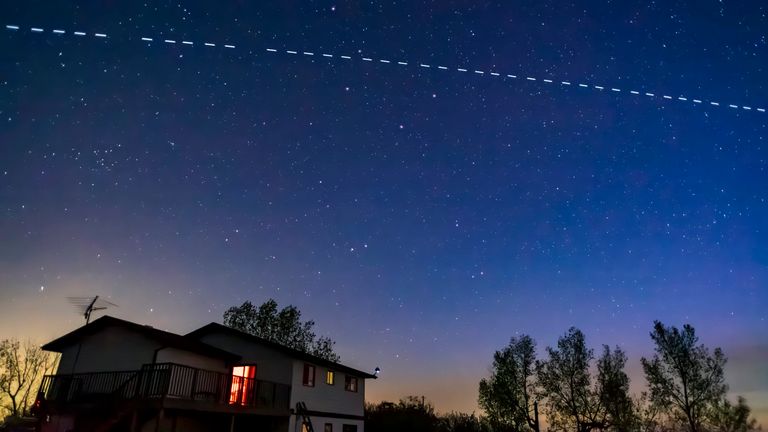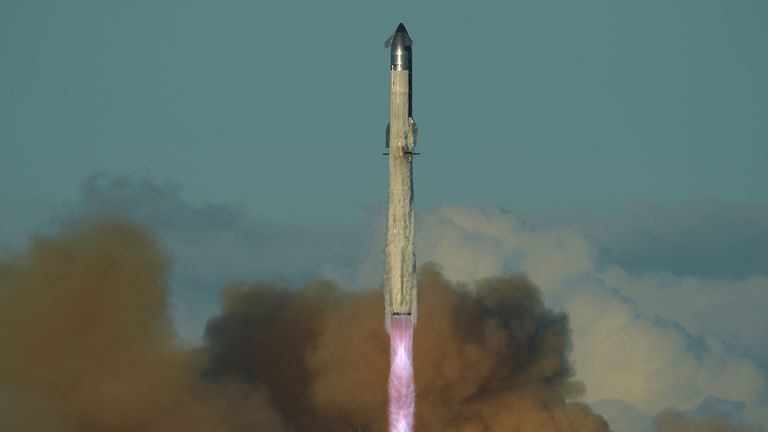Europe’s top space firms have forged a deal to combine their satellite manufacturing and servicing businesses, creating a new European space group that will compete with global giants like Elon Musk’s Starlink.
It marks the most ambitious tie-up of European space assets since the creation of missile maker MBDA in 2001. French firms Airbus and Thales, and Italian firm Leonardo, will create a Toulouse-based venture and begin operations in 2027.
French Finance Minister Roland Lescure said the preliminary deal would “strengthen European sovereignty in a context of intense global competition”.
“We expect, and will be vigilant, that the synergies created from efficiencies benefit us as a key customer of the new company,” said French satellite operator Eutelsat, the owner of OneWeb, a Starlink rival.
Why does it matter?
Europe’s top satellite makers have long competed to build complex spacecraft in geostationary orbit. Geostationary satellites are farther away from Earth, and travel at the same speed and in the same direction as the Earth’s orbit.
But those manufacturers have been hit by the arrival of cheap, tiny satellites in low Earth orbit, notably the Starlink network built by Musk’s SpaceX.
This month, SpaceX launched its 10,000th Starlink internet satellite into orbit, the company said in a post on X.
Of those satellites in orbit, only about 8,608 are currently operational, according to Jonathan McDowell’s satellite tracking database.
SpaceX has extensive financial ties with NASA, the American space agency, and has only been increasing its dominance in recent months, as space plays a growing role in defence, security and communications.
Starlink provides crucial internet connectivity to Ukraine and its military, and has done since 2022, when Mr Musk pledged his support for the war.
But a clash between US President Donald Trump and Ukraine’s Volodymyr Zelenskyy in February led to the US temporarily withdrawing military aid and intelligence sharing from the country.
During the meeting, Ukraine was told it faced imminent shutoff of the service if it did not reach a deal on critical minerals, according to a Reuters report at the time.
Musk said the story was not true in a post on X.
But the news had already sent shivers across European governments, which feared that Mr Musk would bend to Washington’s pressure, and have since ramped up talks with European governments to combine satellite constellations and strengthen satellite connectivity in Ukraine.
The SpaceX leader had previously ordered a blackout of Starlink coverage during Ukraine’s counteroffensive in Kherson in 2022, the first known instance of the billionaire actively shutting off coverage over a battlefield during the conflict.
Project Bromo
The new combination, code-named “Project Bromo”, will employ 25,000 people with revenue of €6.5bn ($7.58bn), based on 2024 figures.
The companies gave few details regarding governance, but executives pledged to avoid a system of rotating leadership or making appointments based on nationalities, approaches which have roiled the European aerospace industry, especially Airbus, in the past.



